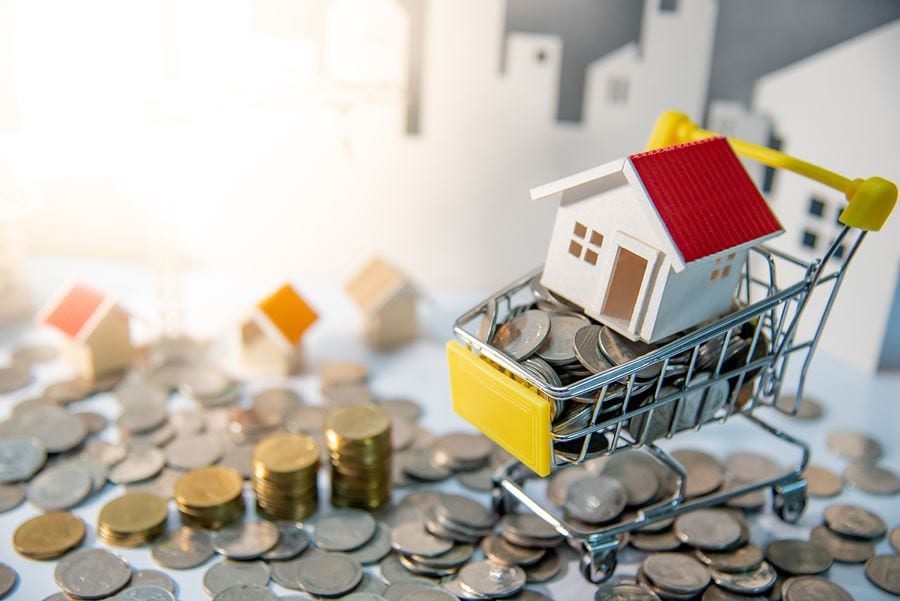
Of course. This is an excellent and very specific question.
The direct answer is: Yes, you absolutely can take an Islamic mortgage (often called Home Finance or Property Finance) for a property that is being handed over now. In fact, this is a very common scenario.
However, there are some crucial details and processes you need to be aware of, as they differ slightly from a conventional mortgage.
First, remember that Islamic banks do not charge “interest” (riba). Instead, they use Sharia-compliant structures. The two most common for property are:
1. Murabaha (Cost-Plus Sale): The bank buys the property and immediately sells it to you at a higher, agreed-upon price, which you pay in installments over time.
2. Ijara (Lease-to-Own): The bank buys the property and leases it to you for a specific period. A portion of each rental payment goes toward you eventually owning the property outright.
A property that is completed and getting handed over is considered ready property. This is the simplest type of property for any bank—Islamic or conventional—to finance because:
• The title deed (or Oqood for initial registration) is issued or is being issued.
• The property can be easily valued by the bank’s appraiser.
• The risk for the bank is lower compared to financing an off-plan property that is still under construction.
The process will generally follow these steps:
1. Find a Property & Get a Pre-Approval: Just like with a conventional mortgage, your first step is to get an agreement in principle from an Islamic bank. This tells you your budget.
2. Formal Application & Property Valuation: Once you have a specific property, you submit a full application. The bank will instruct a valuation company to visit the property and assess its market value. This is crucial for determining the finance amount.
3. Final Approval & Offer Letter: The bank issues a formal offer letter outlining the profit rate, total cost, and all terms. Read this carefully.
4. Signing the Islamic Finance Contract: This is a critical step. You will sign the specific Sharia-compliant contract (e.g., Murabaha or Ijara agreement). The bank’s Sharia supervisory board will have approved this contract.
5. Property Registration at DLD (Dubai Land Department): This is the most important legal step. You and the bank representative will go to the DLD to finalize the sale. Here’s what happens:
o The seller transfers the property to your name.
o Simultaneously, the bank registers its legal mortgage (lien) on the new title deed.
o You, as the buyer, are responsible for paying the 4% DLD transfer fee.
6. Disbursement: After the title deed is issued in your name with the bank’s lien on it, the bank will disburse the financed amount directly to the seller.
7. Repayment: You begin making your monthly payments to the bank as per the agreed-upon Islamic finance structure.
• Developer NOC: You will need a No Objection Certificate (NOC) from the developer. This confirms all service charges are paid by the seller and that they have no objections to the sale and the bank’s mortgage. This is a mandatory document for the DLD.
• Final Settlement Statement: The developer will provide this, showing any final payments due from the seller.
• Title Deed or Oqood: The proof of ownership that the seller holds.
• Usual Personal Documents: Your passport, visa, Emirates ID, proof of income (salary certificate, bank statements), and the seller’s documents.
Recommendation: It is highly advisable to consult directly with Windsor Premier Mortgage Team who specializes in Sharia-compliant products. They can guide you through the specific contracts, compare offers, and ensure the process aligns with both regulatory and Sharia principles.